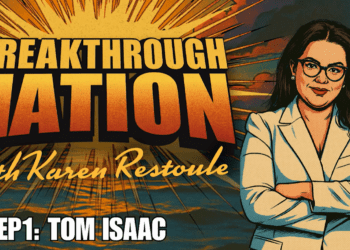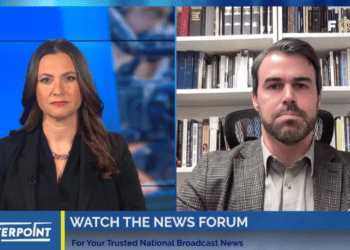Canada’s peacekeeping mission in Mali is set to come to a close next year, and although the UN and some of our allies are asking Canada to extend the mission, Ottawa is reluctant to do so.
Is this the right move? Why should or shouldn’t Canada end its mission? And what is the nature of Canada’s commitment in Mali?
MLI Munk Senior Fellow Christian Leuprecht joined CPAC’s Prime Time Politics to discuss all these questions.
According to Leuprecht, Canada is being asked to stay because “the mission is being overstretched.”
The mission is suffering from having “too many demands and too few resources.”
While the mission is important for stability in the region, Leuprecht questions whether Canada has the resources, capacity, and vested interest required to justify an extension.
“Canada is limited in what it can and what it probably should do,” he says. “We have lots of obligations; if you think of the Enhanced Forward Presence where we have 540 troops deployed to Latvia… we’ve taken on the training missions in Iraq.”
Compared to our other obligations, Leuprecht suggests that, as important as the mission is, it is somewhat discretionary in nature.
When the mission concludes next year, Leuprecht says that Canada will have done exactly what it signed up for.
“Canada is doing lots of other things that are key for its national interest – [both the Iraq and Latvia missions,” he explains. “For a country that has limited assets as Canada does, there is only so long that they can deploy these assets.”
“I think the government is sending a message to European allies: ‘look, we’ve been here for a year, you asked us to come, we’ve made a contribution, it’s time for someone else to step up.'”




